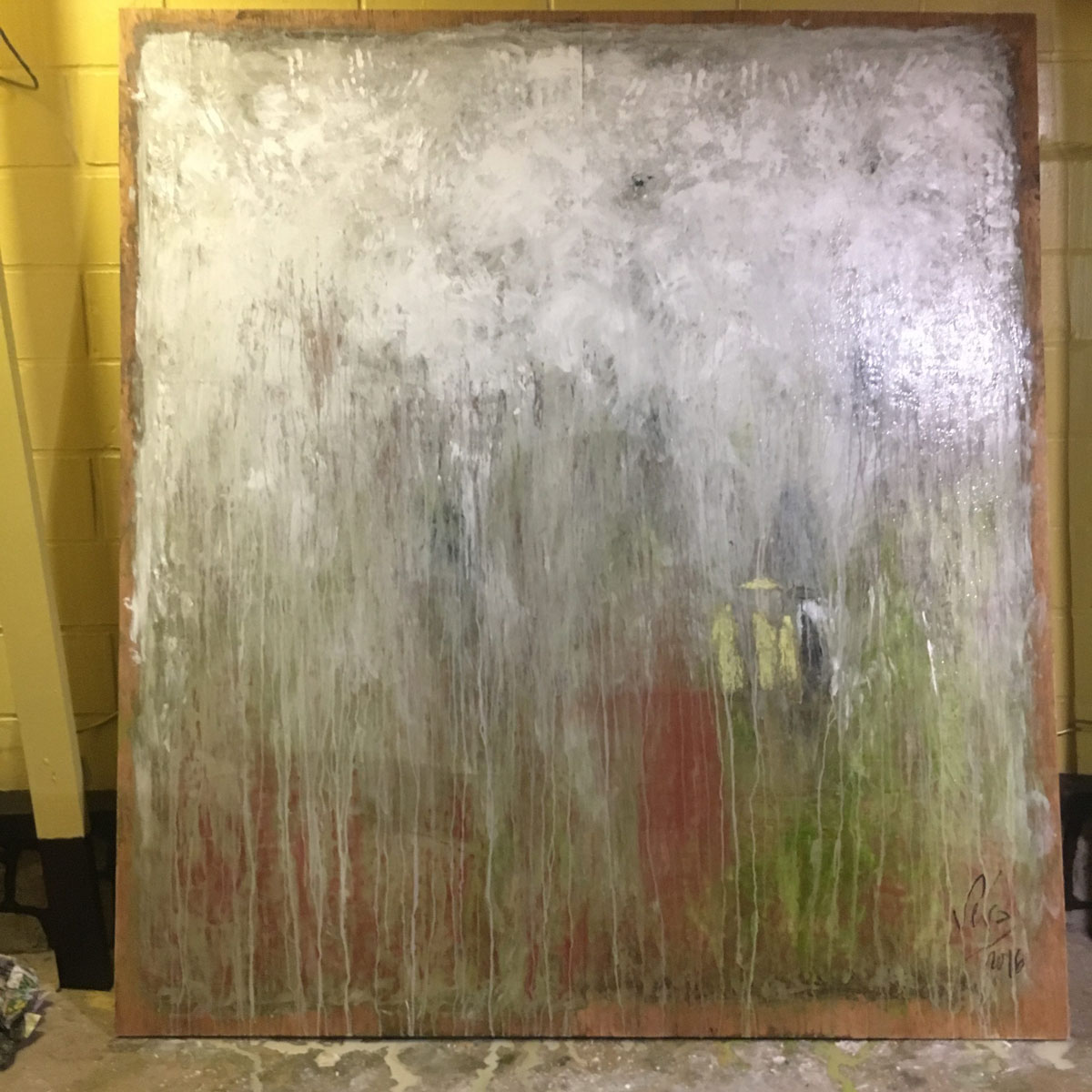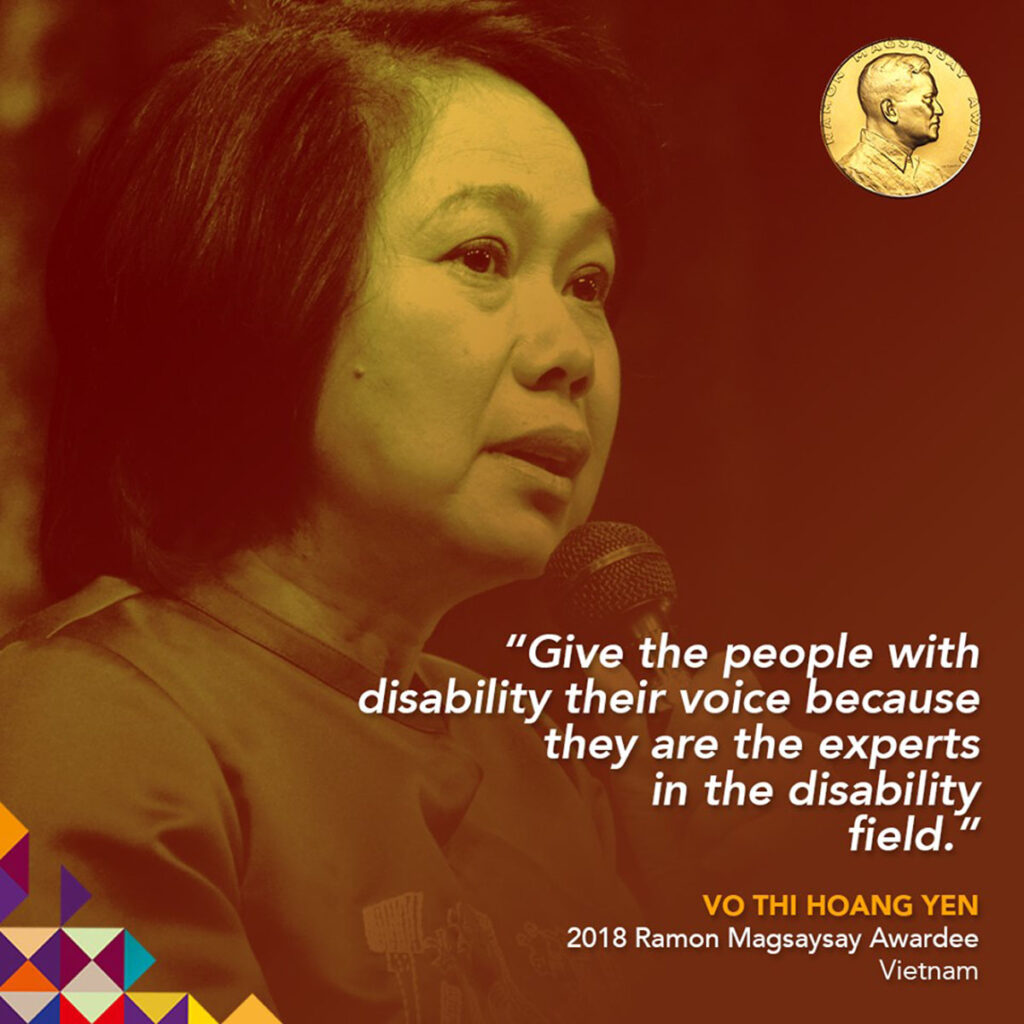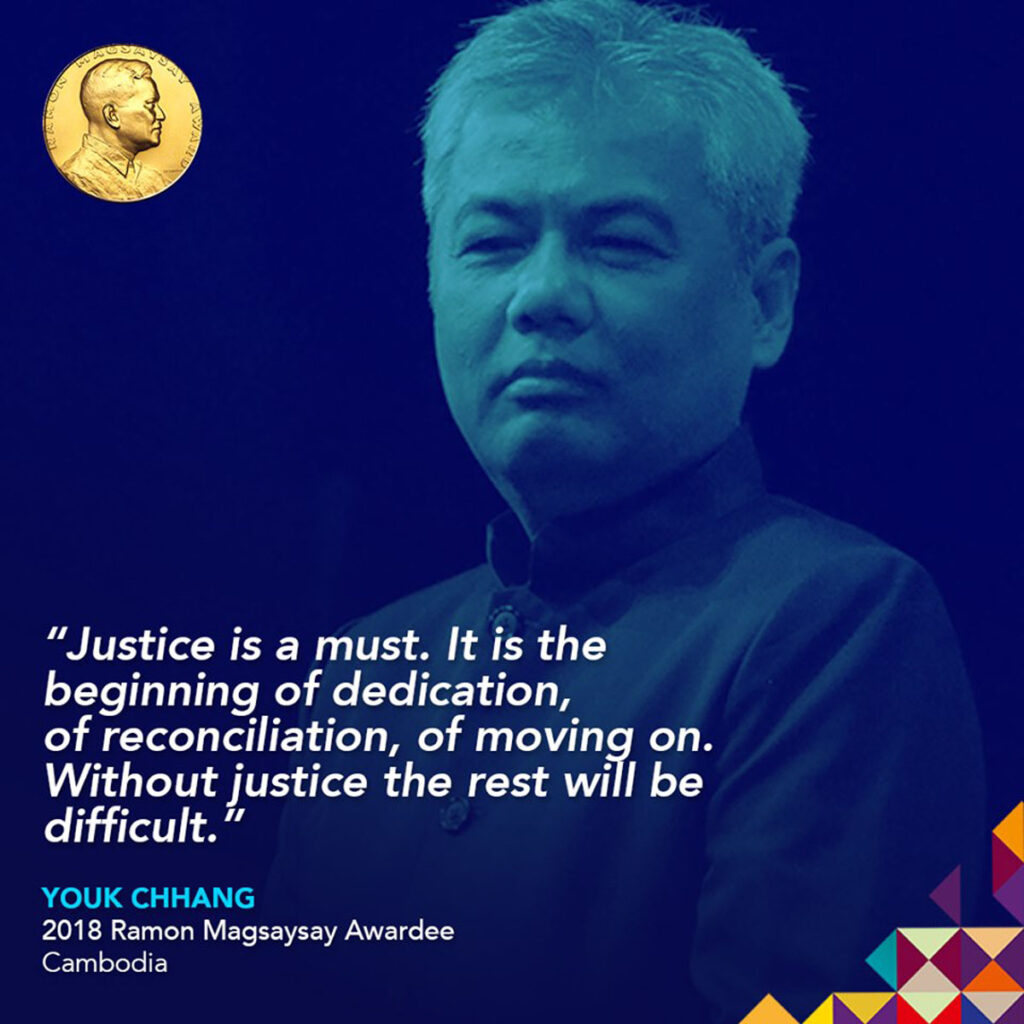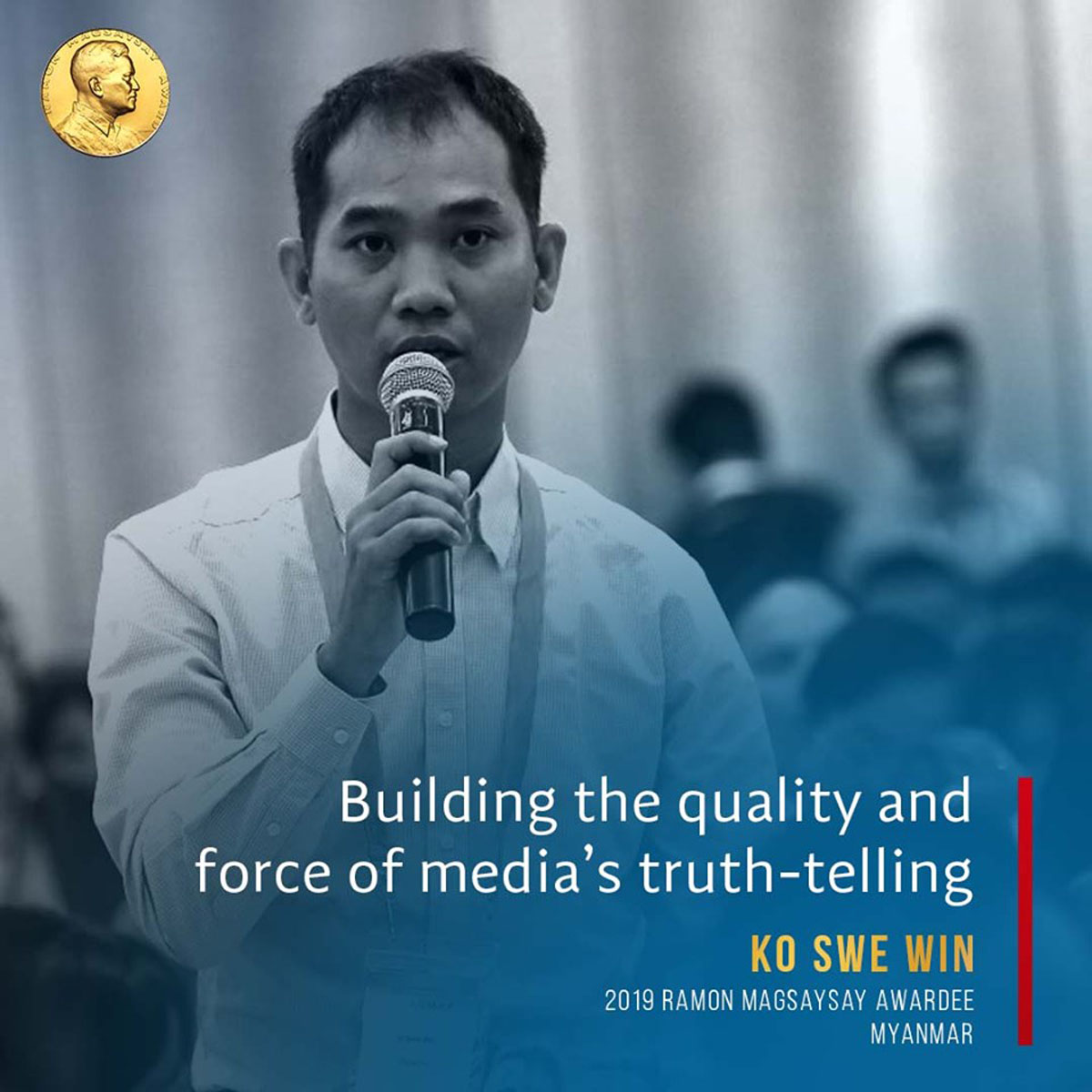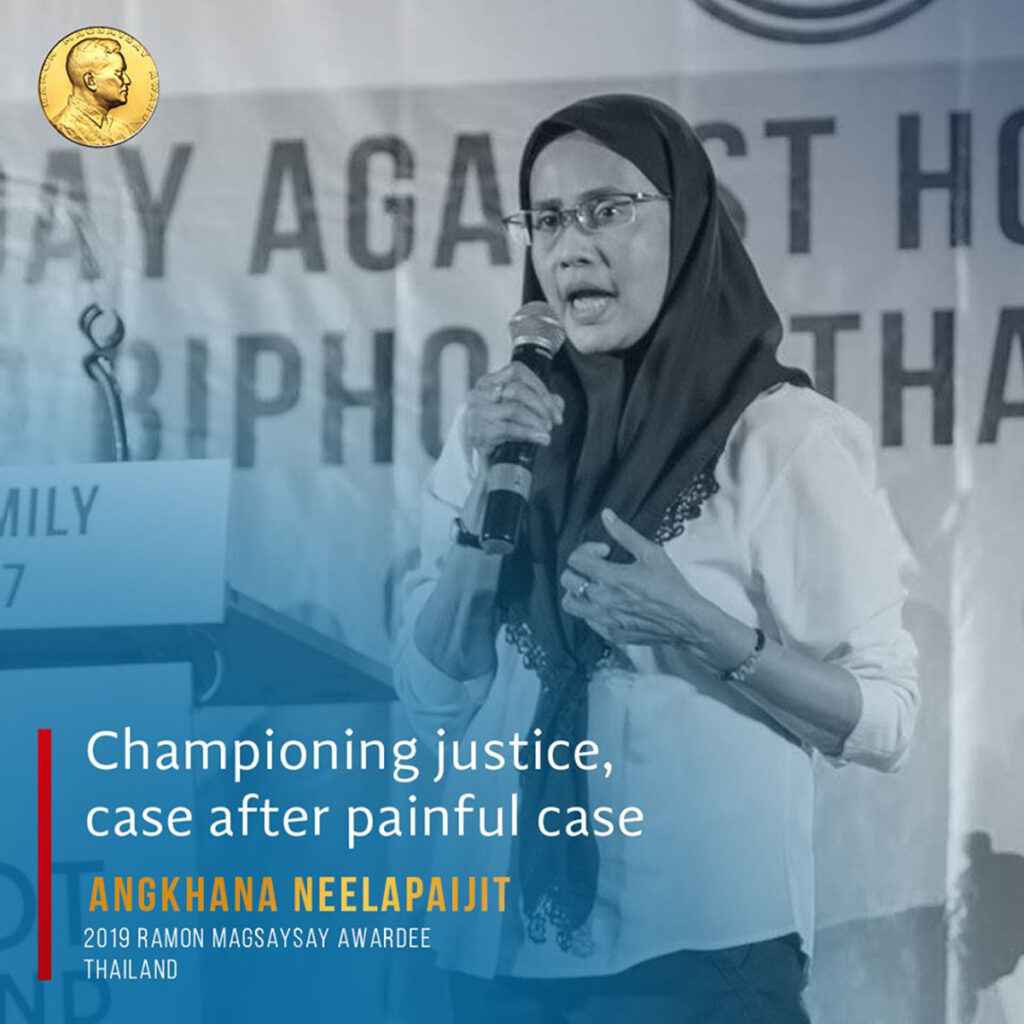Home / Development / ASEAN: AICHR Peace & Human Rights Education
Promote a culture of diversity, peace, and a respect for human rights through professional development of Cambodian women teachers and members of marginalized communities
Regionalization is a significant factor in U.S. foreign policy in Southeast Asia as it presents as many opportunities as risks. The People’s Republic of China (PRC) has always played a significant role in Southeast Asian politics and development. However, in recent years, it has assumed an increasingly more aggressive approach in the region, and the increase in cross-border exchange and integration has become a new factor in PRC strategies. The U.S. stands to lose opportunities for improvement and growth in the region in nearly all fields of foreign policy, from market position to socio-political influence, should it overlook or underestimate the PRC’s elevated posture and leverage in the Southeast Asian region.
To this end, as regionalization increases, there will be increasing opportunities for the PRC to influence ASEAN member states as well as Cambodia. To a large extent, with the Cambodian elite’s alliance with the PRC, Cambodia is becoming increasingly important to the PRC as a strategic gateway to manipulating ASEAN member states. On the other hand, regionalization can also present strategic opportunities for facilitating U.S. foreign policy in the region.
As Cambodian institutions coordinate and integrate with ASEAN member institutions, there will be opportunities for increased dialogue between Cambodian and ASEAN institutions on issues that the Governments would not have entertained, let alone encouraged. This proposal includes the development of a Peace and Human Rights Education Program drawn from other countries in ASEAN. The program would be developed under the auspices of the Intergovernmental Commission on Human Rights (AICHR) for grassroots education in Cambodia and Cambodian student teacher training centers. Apart from the diplomatic efforts necessary to facilitate the project’s completion, we will initiate the project with a public commitment to AICHR’s core treaty obligations.
Baseline Research on Khmer Rouge History Teaching in the ASEAN
Atrocity Crimes Prevention Through Education Programme
Atrocity Crimes Prevention Through Education Programme with the United Nations’ Office of the Special Adviser on the Prevention of Genocide (OSAPG)
Overview
The Documentation Center of Cambodia (DC-Cam) is pleased to announce the establishment of its Atrocity Crimes Prevention through Education Programme, which provides atrocity crimes education to the South and Southeast Asian regions.
Rationale
- Education on atrocity crimes in history and the risk factors associated with their re-occurrence is an important tool for the prevention of atrocity crimes today.
- Although education in atrocity prevention has been emphasized repeatedly, its implementation remains limited, especially in South and Southeast Asia regions.
- In this context, the Documentation Center of Cambodia has developed a teachers’ guidebook, The Atrocity Crimes Prevention through Education: Southeast Asian Region Teachers’ Guidebook, which offers lesson plans, strategies, activities, and materials for teachers to use in their classrooms. The guidebook is supplemented by a DC-Cam workshop programme that provides advanced professional training and development in the instruction of atrocity crimes education.
Curriculum Highlights
Eight lesson plans, 17 activities, and over a dozen stories covering atrocity crimes committed in…
- Nazi Germany
- Rwanda
- Cambodia
Three learning competencies supported by 3 educational principles:
- Competencies
- Self-Reflection
- Critical Thinking
- Empathy
Educational Principles
- Engagement
- Stories
- Responsibility
Professional Development Knowledge
Definitions of Atrocity Crimes
- Genocide
- Crimes against Humanity
- War Crimes
- Common Risk Factors Associated with Atrocity Crimes
- Specific Risk Factors Associated with Atrocity Crimes
Professional Development Expertise
- Scaffolded Reading
- Class Discussion using Victim & Survivor Stories
- Class Discussion on Hate Speech
- Classroom Debate,
- Guest speakers, & Presentations
- Capstone Exercises
Painting by Sera at IRIBA Center in Kigali, Rwanda, 2016.

